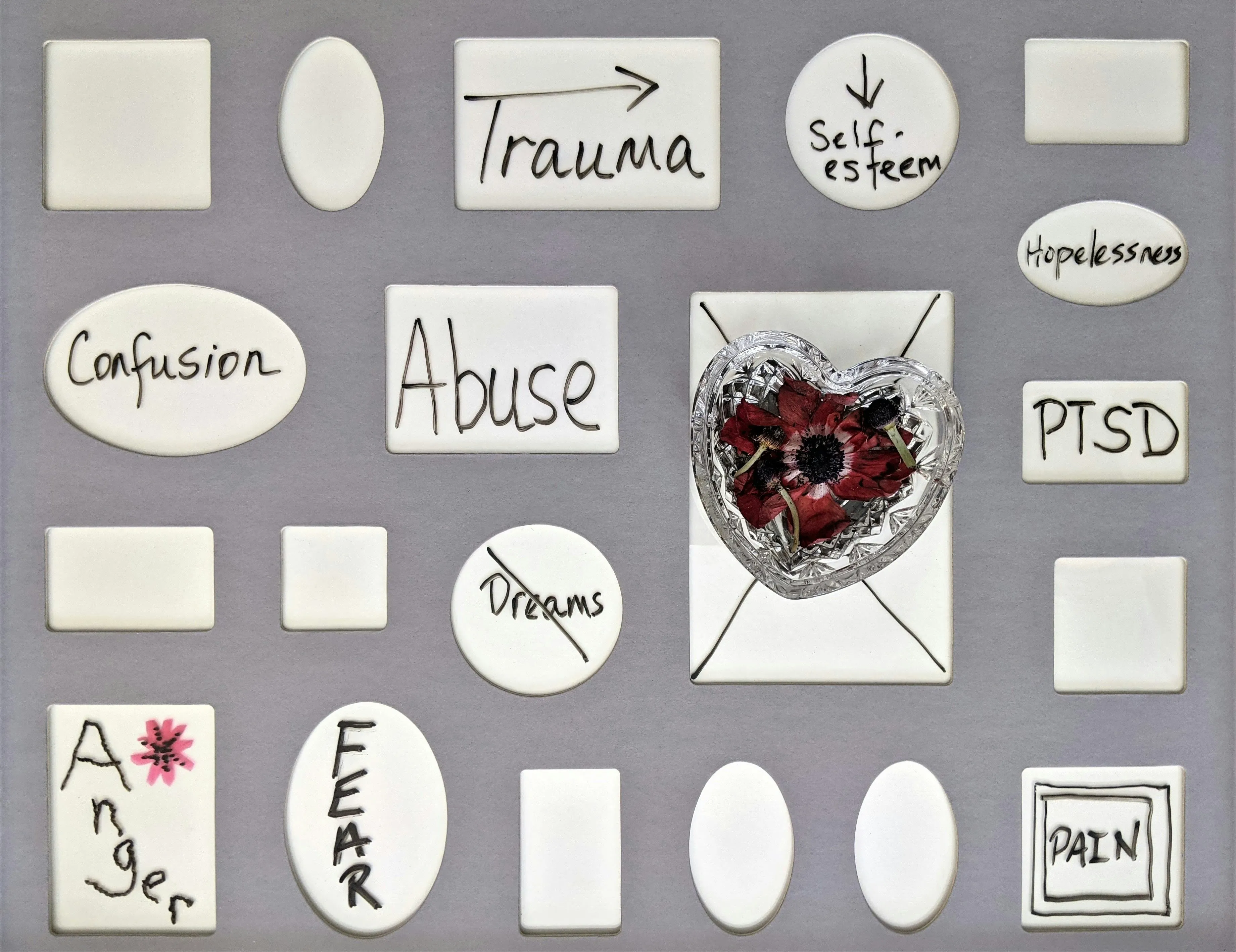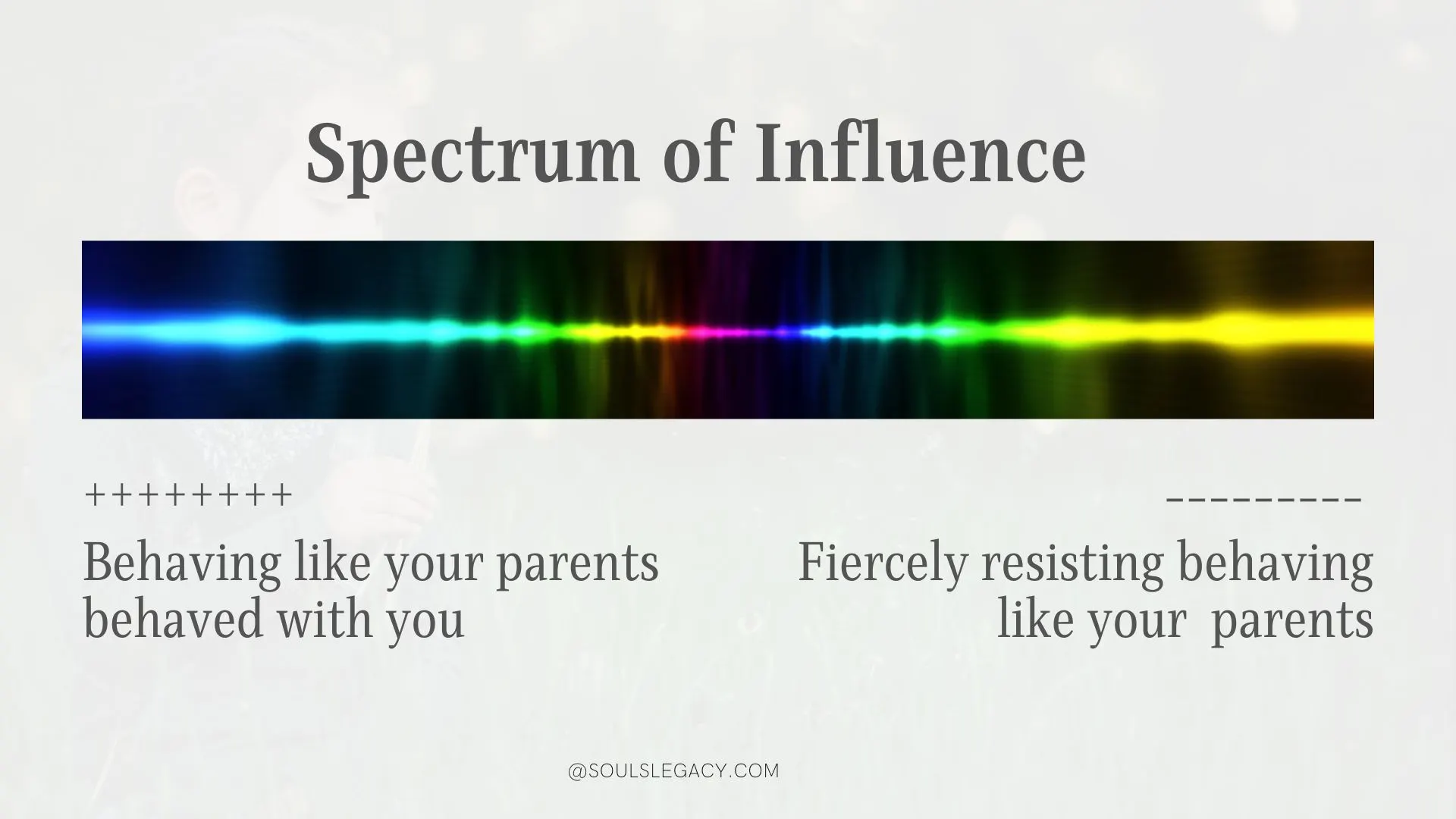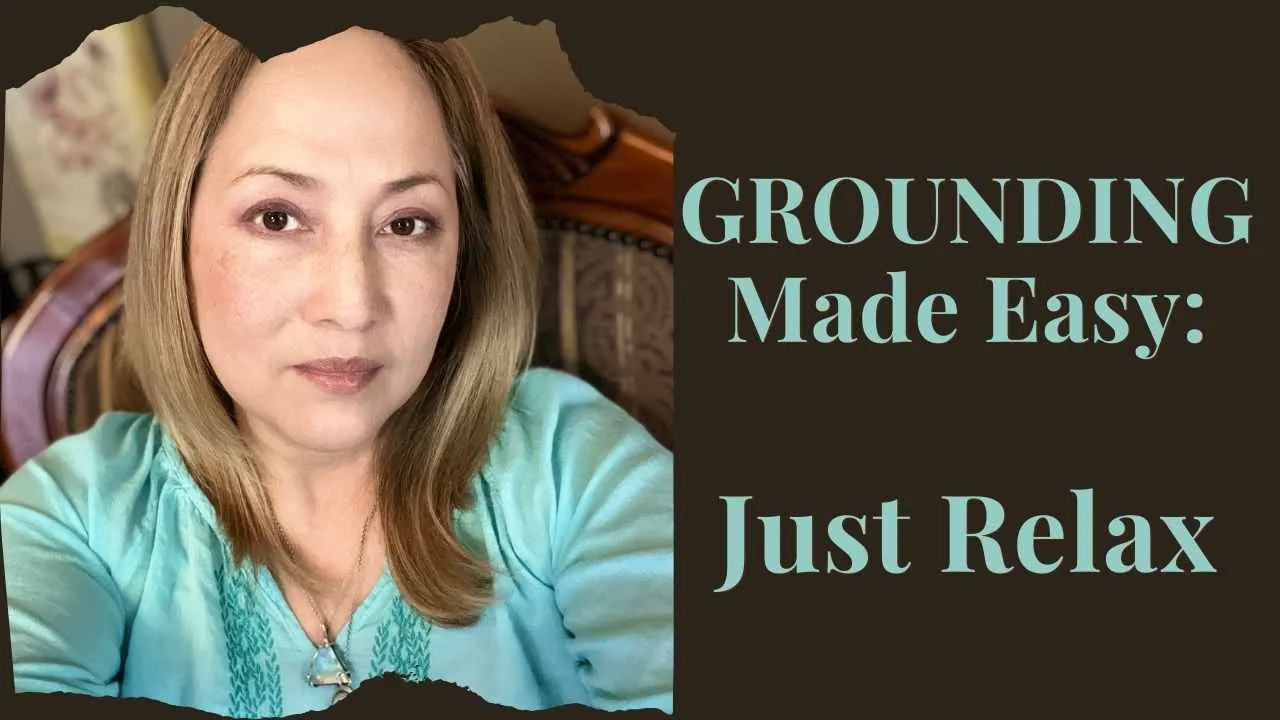Understanding Generational Trauma
Have you ever wondered why certain patterns keep repeating in your family, or why you react to situations in ways that feel beyond your control?
Generational trauma is a powerful force, often shaping our lives in ways we don’t fully understand.
Imagine carrying an invisible backpack filled with the emotional baggage of your ancestors. This weight influences your thoughts, behaviors, and even your parenting style, often without your awareness.
This is the essence of generational trauma, and understanding it is the first step towards breaking free from its hold.

These patterns might not be just your own; they could be the echoes of your ancestors’ unresolved traumas. Let's explore what generational trauma is, how it is passed down, and how we can begin to heal it for the sake of our children and future generations.
What is Generational Trauma?
Generational trauma, also known as intergenerational or transgenerational trauma, is the transmission of trauma from one generation to the next. This can happen through learned behaviors, emotional responses, and even genetic changes.
Essentially, the experiences and unresolved issues of our ancestors can affect us, and in turn, we can pass them down to our children.
Trauma is usually understood in two ways: capital T trauma and lowercase t trauma.
Capital T trauma refers to significant, life-altering events like abuse, natural disasters, or severe accidents. Lowercase t trauma encompasses more common, yet still impactful, experiences such as emotional neglect, parental divorce, or bullying.
Both types of trauma can leave lasting imprints on our psyche and influence our behaviors and beliefs.
How Trauma is Passed Down
You might wonder how trauma from generations past can still affect us today.
Imagine that we’re all part of an energetic soup, where the experiences, emotions, and unresolved issues of our ancestors swirl around us. This energetic inheritance shapes our responses and behaviors, often without our conscious awareness.
Science is catching up with what indigenous knowledge has long understood. The field of epi-genetics shows that our ancestors' experiences can alter our genetic expression.
Traumatic events like the Great Depression or significant personal loss can leave marks that are passed down through generations. These inherited experiences can manifest as heightened anxiety, depression, or even physical ailments.
Family Trauma vs. Inherited Trauma
It's crucial to understand the difference between trauma experienced directly in the family and inherited trauma passed down through generations.
Family Trauma: This is the trauma we directly experience due to your parents' behaviors and actions. Examples include emotional neglect, parental conflict, abuse, or any form of instability within the home.
These experiences shape our immediate responses, behaviors, and emotional health.
Inherited Trauma: This involves traumas that your parents, grandparents, or even great-grandparents experienced, such as homelessness, war, abuse, violence, extreme poverty, and hunger. Despite these events occurring generations ago, their impacts are deeply embedded in our genetic makeup and emotional responses.
Epi-genetics has shown that such significant historical traumas can alter DNA, influencing how future generations respond to stress and trauma.
Spectrum of Influence
A key concept in understanding generational trauma is what I call the Spectrum of Influence.

This spectrum ranges from behaving exactly like your parents to doing the exact opposite, both of which keep you tied to the same energy patterns of the past.
On one end, you may find yourself mimicking your parents' behaviors, even those you disliked or vowed never to repeat. This could manifest as being overly controlling, withdrawing in stressful situations, or turning to addictive behaviors.
On the other end, you may rebel against our parents' ways, doing everything possible to avoid being like them. This could mean being overly permissive if your parents were strict, or constantly indulging your children if you felt deprived.
Both extremes keep you stuck in the same loop of negative energy.
What’s important is to break away from this pattern completely. Stepping outside the spectrum means beginning to live guided not by the negative behaviors or memories from the past but by the guidance from your soul.
Breaking the Cycle
So, how do you break free from these patterns? The first step is awareness.
Recognizing and acknowledging the presence of generational trauma is empowering. It’s important not to use this knowledge against yourself.
You are here to build awareness for healing, not to cultivate guilt or shame.
Living from your soul essence is key.
This means connecting with your true selves and letting go of the reactive patterns inherited from our parents. It’s about finding your center and acting from a place of authenticity.
This shift allows you to create a new legacy for your children, one based on healing and positive energy.
Practical Steps to Healing
- Develop Awareness: Reflect on patterns in your behavior and how they might mirror or oppose those of your parents. Awareness is the first step towards change.
- Practice Energy Hygiene: Regularly clear your energy field to release negative influences. This helps to prevent passing unresolved trauma onto your children.
- Engage in Soul Work: Connect with your soul essence. Meditate, journal, and engage in practices that help you understand and live from your true self.
- Seek Support: Whether through therapy, energy healing, or supportive communities, seek out resources that can guide you on your healing journey.
By understanding generational trauma and taking proactive steps to heal, we can break the cycle and create a brighter future for ourselves and our children. Healing yourself is the most powerful gift you can give to your children and future generations.
In our next blog post, we'll explore how generational trauma experienced by parents impacts their children.

